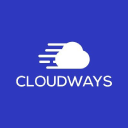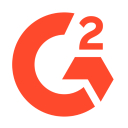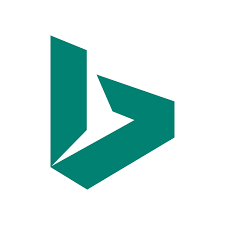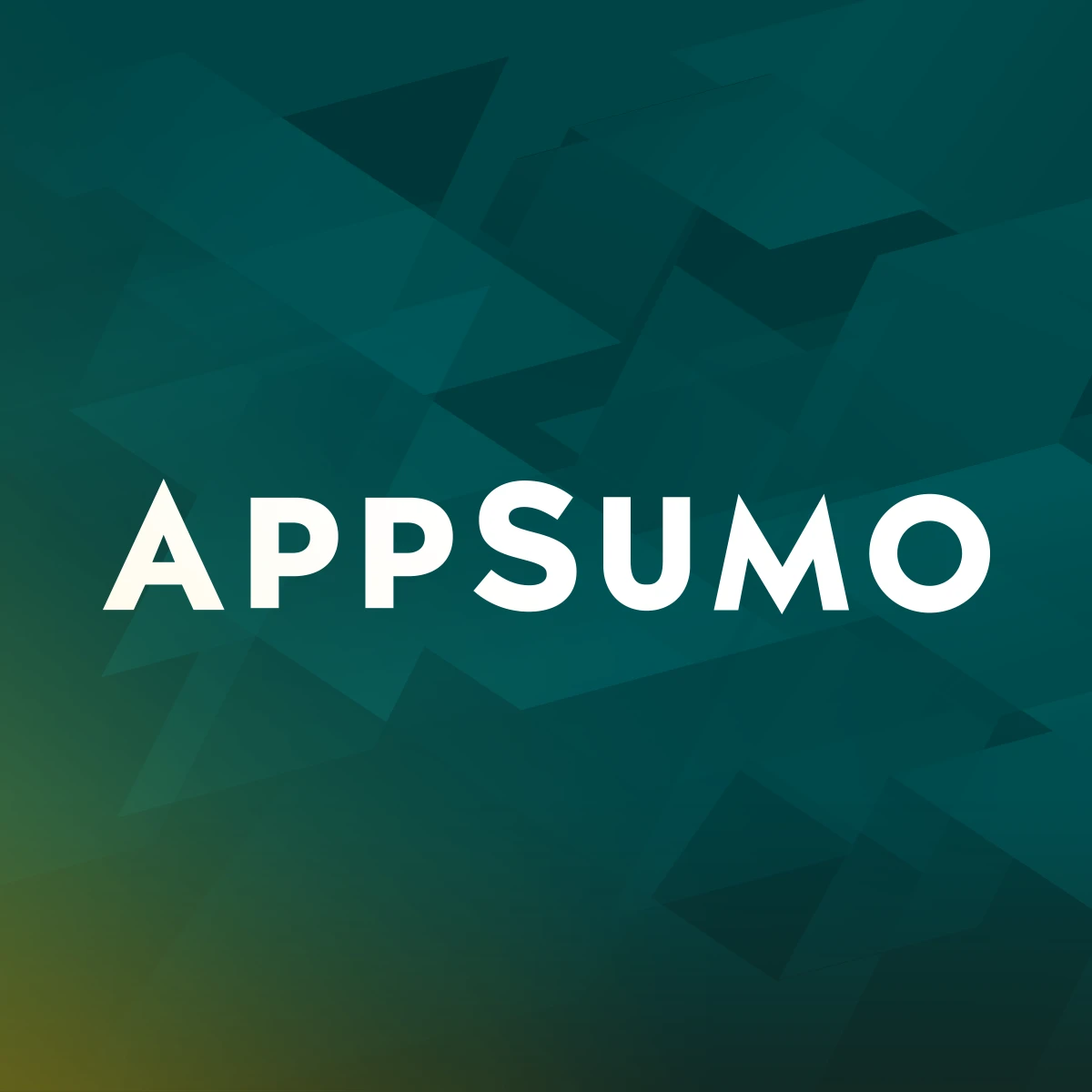How We Built A Performance Marketing Platform With 1,500+ Users
Hello! Who are you and what business did you start?
I’m Julia Draghici and I’m a mum and a co-founder at CPV Lab, a performance marketing tracking platform.
With CPV Lab we help marketers get the right data about all their multi-channel campaigns in one single place. In this way, a marketer can easily see which traffic source is more profitable, which needs to be optimized, and how to optimize it.
If you are not familiar with the terms, traffic sources are Facebook, TikTok, Instagram, Youtube, etc.
Our main users are affiliate marketers for which a conversion tracker is very important to make sure they have the right information about costs (from traffic sources) and sales (the offers they promote) in one place.
Also, marketing agencies, e-commerce sites, and Small businesses (like SaaS) are using CPV Lab to track their organic and paid traffic, test the campaigns, and see all the results in one dashboard.
More so after the iOS 14 updates when conversion attribution on Facebook started having problems, a 3rd party marketing tracker is making a big difference in showing your ads to the right audience.
To be more clear, when a traffic...













































